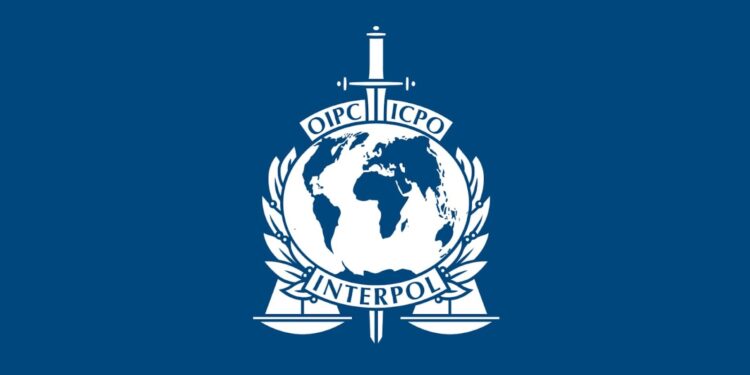A concerning new report from INTERPOL reveals a sharp and escalating rise in cybercrime across Africa, posing a significant threat to the continent’s rapid digital transformation and economic development. The “INTERPOL Africa Cyberthreat Assessment Report 2025” highlights that cyber-related offenses now constitute a medium-to-high share of all crimes reported by two-thirds of African member countries, with this figure soaring to over 30% in Western and Eastern Africa.
The report identifies online scams, ransomware, business email compromise (BEC), and digital sextortion as the most prevalent cyberthreats. Worryingly, suspected scam notifications surged by up to 3,000% in some African nations over the past year. Ransomware detections also saw a significant increase in 2024, with South Africa and Egypt reporting the highest numbers, underscoring the widespread impact on critical infrastructure and government databases. BEC incidents have also risen significantly, driving multi-million-dollar criminal enterprises across the continent.
This surge in cybercrime is outstripping the capacity of existing legal systems and law enforcement, with 90% of African countries reporting a need for “significant improvement” in their law enforcement and prosecution capabilities. A staggering 75% of surveyed countries indicated that their legal frameworks and prosecution capacities require enhancement. Furthermore, a severe lack of essential IT infrastructure, such as incident reporting systems and cyberthreat intelligence databases, hinders effective responses.
Neal Jetton, INTERPOL Cybercrime Director, emphasized the dynamic nature of the threat landscape, noting the emergence of AI-driven fraud that demands urgent attention. Ambassador Jalel Chelba, Acting Executive Director of AFRIPOL, stressed that “cybersecurity is not merely a technical issue; it has become a fundamental pillar of stability, peace, and sustainable development in Africa.”
Despite the challenging outlook, the report acknowledges positive strides made by several African countries in advancing their legal frameworks and harmonizing cybersecurity laws with international standards. Recent INTERPOL-coordinated operations like “Serengeti” and “Red Card” have demonstrated increased operational capacity, top to over 1,000 arrests and the dismantling of hundreds of thousands of malicious networks.
To bolster Africa’s cybercrime response, INTERPOL’s report proposes six strategic recommendations, including enhancing regional and international cooperation, expanding prevention and public awareness campaigns, and leveraging emerging technologies. The findings underscore the urgent need for sustained investment in national capacity and stronger public-private partnerships to build a more resilient and secure digital future for Africa.










![Online Scam Cases Continue to Rise Despite Crackdowns on Foreign Fraud Networks [Myanmar] Online Scam Cases Continue to Rise Despite Crackdowns on Foreign Fraud Networks [Myanmar]](https://sumtrix.com/wp-content/uploads/2025/06/30-12-120x86.jpg)





